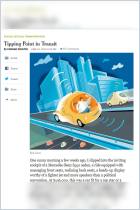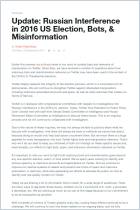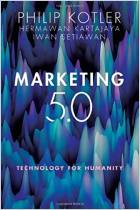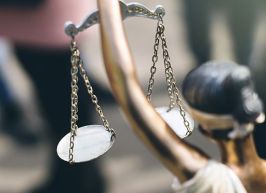加入 getAbstract 阅读摘要

加入 getAbstract 阅读摘要
Farhad Manjoo
Can Facebook Fix Its Own Worst Bug?
Is the most powerful tool for connection in human history capable of adapting to the world it created?
The New York Times, 2017
看看什么内容?
Facebook has transformed the world – now the company has to transform itself.
Recommendation
A 2017 Harvard/MIT study found that Facebook, along with other social media, served as a ready vehicle for misinformation during the run-up to the 2016 US presidential election. Social media helped users stay within filter bubbles, cocoons of conformity where they became a captive audience for partisan perspectives. Journalist Farhad Manjoo explores the dark side of Facebook’s immense global influence and asks whether company CEO Mark Zuckerberg is willing to shoulder responsibility equal to the Internet behemoth’s power. getAbstract recommends reading this incisive study of Facebook’s role onc the global stage.
Summary
About the Author
Journalist and author Farhad Manjoo writes the State of the Art column for The New York Times.




















Comment on this summary